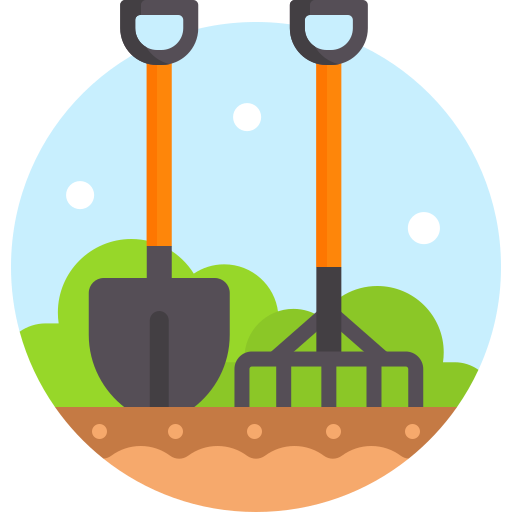

The problem is that French food in the Anglosphere has literally been the fancy food since 1066. That’s why English has 2 words for every meat: the germanic peasant word and the french nobleman’s culinary word (cow-beef, chicken-poultry, deer-venison, sheep-mutton, swine-pork, etc).
Being the default “fancy” food is going to do damage to any cuisine as the purpose becomes more about fanciness than tasting good or being what people from the place actually eat.
For another example, look at American Italian food. In a lot of small towns, Italian restaurants are the de facto fancy restaurant . It’s basically made it so that Italian restaurants in much of the US are either way too expensive and fancy or they’ve gone the opposite route and just overcharge for really basic pasta with sauce (olive garden).


I used to hate mushrooms until I started foraging. It turns out I’m just not a big fan of Agaricus bisporus, and it turns out that’s the absolute lions share of mushroom consumption in the western world in various forms with various names.
Foraging though, it’s all so good.